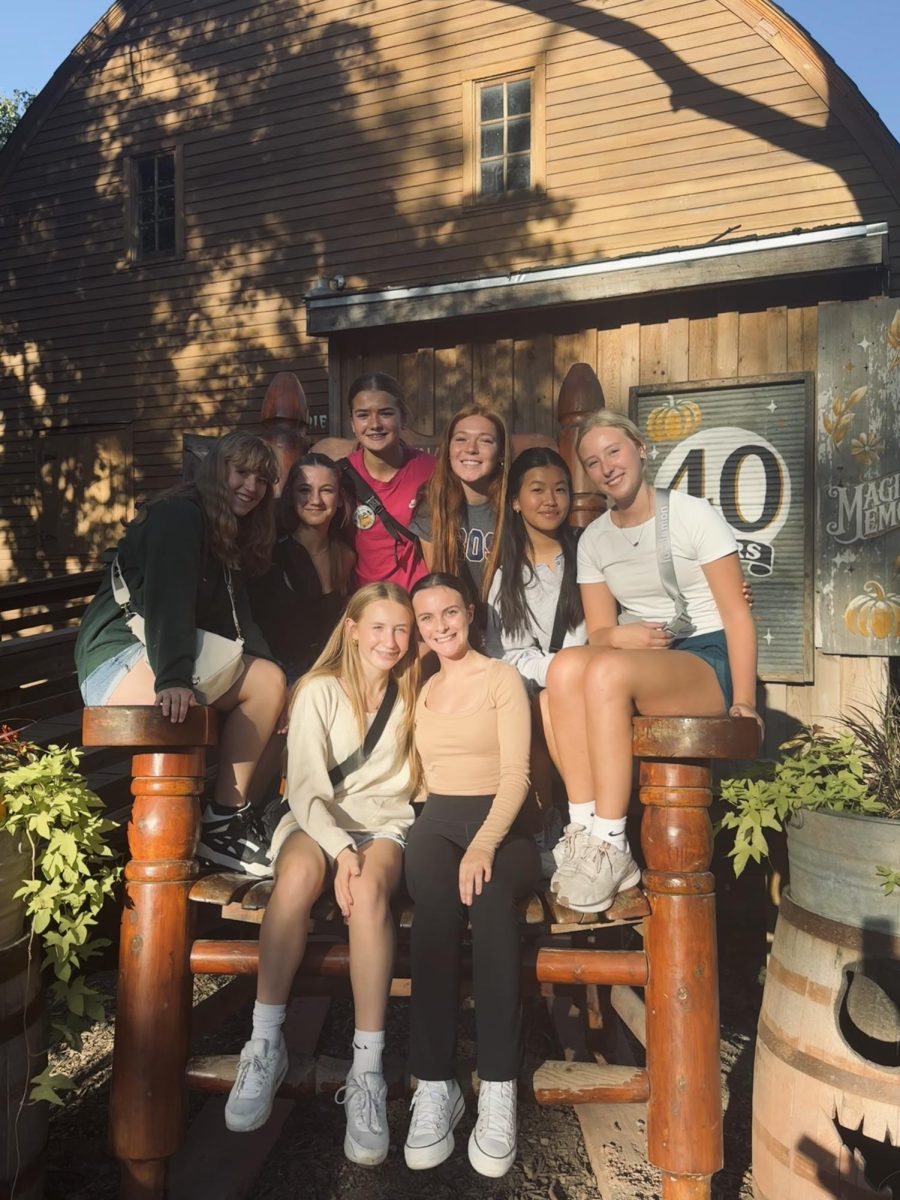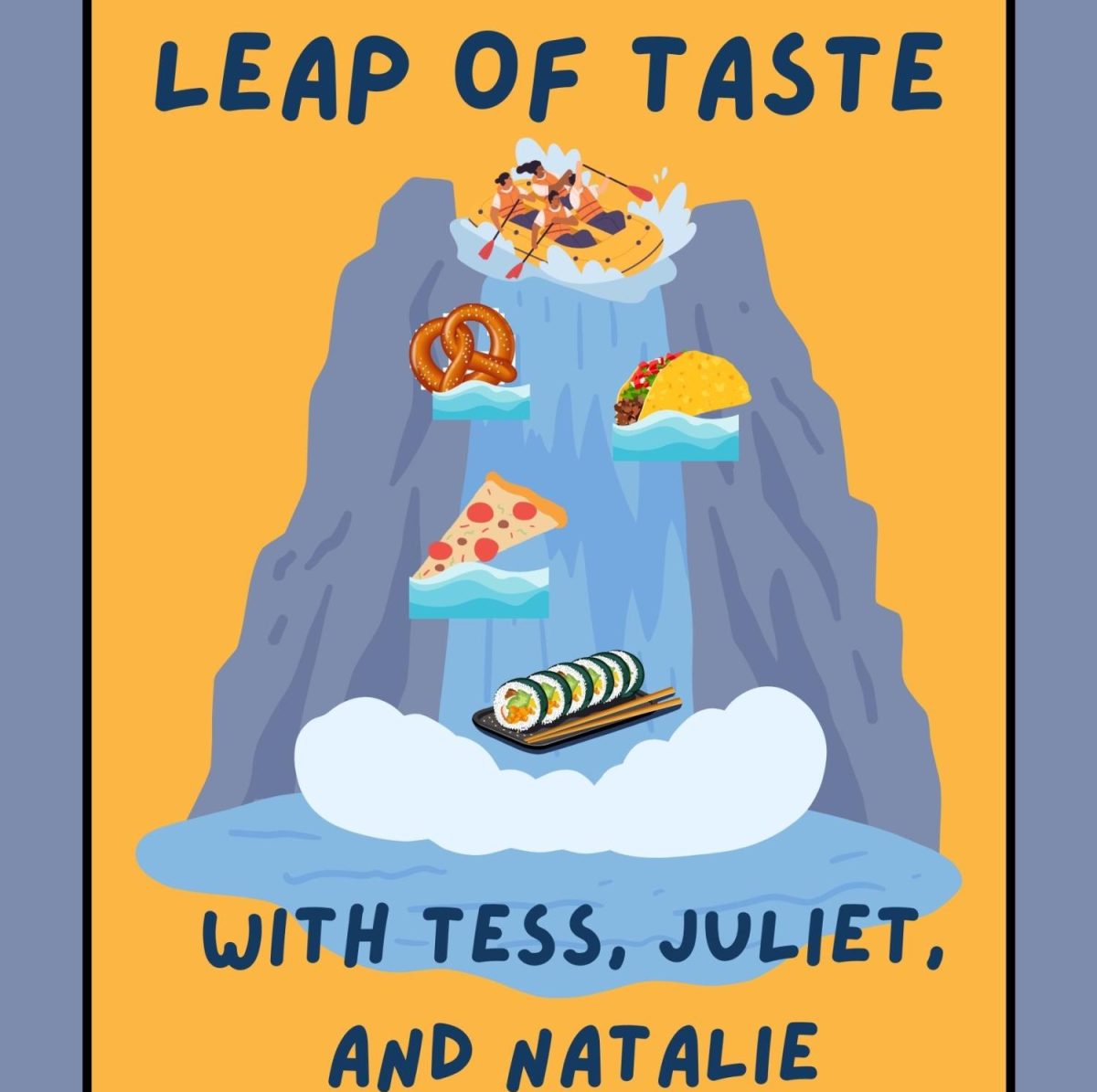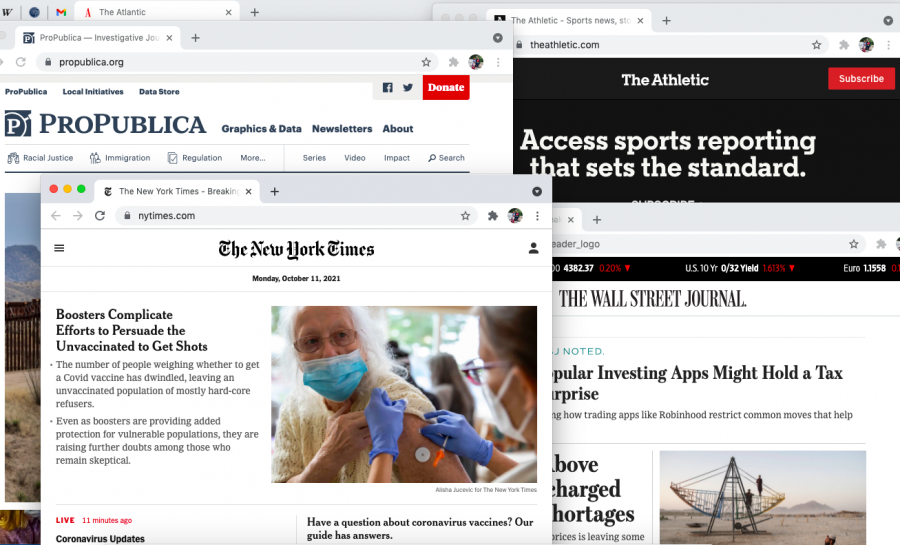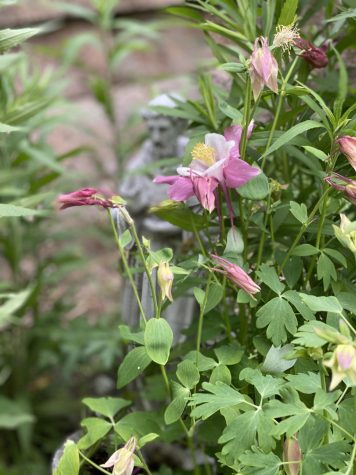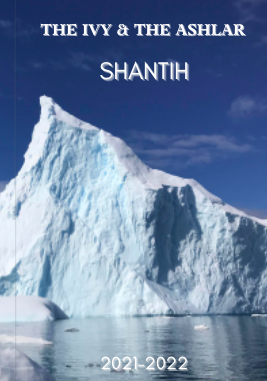Global News Grab Bag
As we all know, there’s a lot of content on the internet. With what limited time we have in the day, it’s difficult to decide which news stories to read and which to skip. As Brownell Talbot’s newspaper staff, we feel obligated to curate stories from all around the world and highlight the ones we feel are the most important. We find the most engaging and relevant content for the student body and post links and summaries for our favorites! Every month, we will post several articles handpicked by newspaper staff to share with the BT audience and its community.
Quick Reads
Climate change projected to raise temps 2.7 C by end of century
Climate change can be a topic that sobers the conversation and the root of many uncomfortable silences at the dinner table. This story is no different. According to the UN (United Nations) Secretary-General, “The world is on a ‘catastrophic pathway’ in terms of global warming,” stated in response to the claim made by the UN climate agency, which was that the Earth will warm a record breaking 2.7°C—a higher temperature than the planet has ever warmed in human history. World leaders are pushing for the top countries to revise their promises in reducing their carbon emissions in order for the Earth to fulfill its 1.5°C (maximum increase) goal.
Source: SBS News
Pfizer declared safe for 5-11 years
The COVID-19 vaccine has been progressing in leaps and bounds. Most recently, Pfizer and its partner BioNTech declared that they would file for the authorization of a COVID vaccine for children ages 5-11. This vaccine has smaller doses in order to accommodate a smaller host. According to lab results, the vaccine performs similarly to how it does in a teen or young adult. Even with this good news, people are still debating whether or not to get children vaccinated, since they remain less likely to experience more severe outcomes from a COVID diagnosis. The companies are also experimenting on a vaccine for children 2 to 5 and 6 months to 2 years old. The data readouts should be available as early as the fourth quarter of this year.
Source: Apple News
Thousands evacuated because of Canary Island volcano
On September 19, 2021, a volcano on La Palma (Atlantic Ocean island; property of Spain) erupted, forcing thousands of people to evacuate. Lava flows destroyed many houses and threatened to reach the coast. Before the eruption, an earthquake with a 4.2-magnitude ravished the island community. Currently, those affected are either living with relatives or in shelters.
Source: Aljazeera
Long Form
How long have humans been living in North America?
The Atlantic is currently running a series titled “Who Owns America’s Wilderness,” exploring the country’s vast expanses of forests, coasts, mountains, plains, and deserts from a wide range of angles and perspectives. In this most recent contribution, reporter Ross Anderson digs far back in the history of North America to more than 13,000 years ago, when the available archaeological evidence locates the first human communities in modern-day New Mexico. However, new evidence is emerging that humans were also residing along the California coast around the same time, which suggests that some migration occurred over the sea, rather than simply accepting a landlocked migration across the now submerged landmass known as Beringia.
Source: The Atlantic
American Life in Poetry
When Nebraska’s own Ted Kooser served as United States Poet Laureate (from 2004–2006), the project he initiated and maintained for over a decade was to reinstitute the publication of poetry in American newspapers. This project, titled American Life in Poetry, is now overseen by Kwame Dawes, a poet and professor at the University of Nebraska. A new poem is published every Monday morning, and we will update our link to the site with each new issue of Verbatim.
Source: American Life in Poetry
Just for Fun
Artistic renderings of fall foliage
If you’re not able to take a drive over to the Loess Hills in the next month or so to experience the changing colors of fall in person, the Smithsonian is curating a collection of artwork in its holdings that portrays autumnal abundance via multiple mediums and cultural perspectives.
Source The Smithsonian
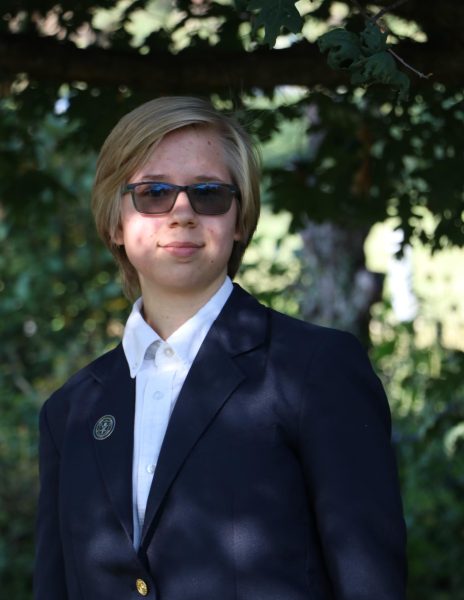
Fruzsina Roka is a senior who has been at Brownell Talbot for three years. She joined Verbatim three years ago, but has had a presence in several other...

